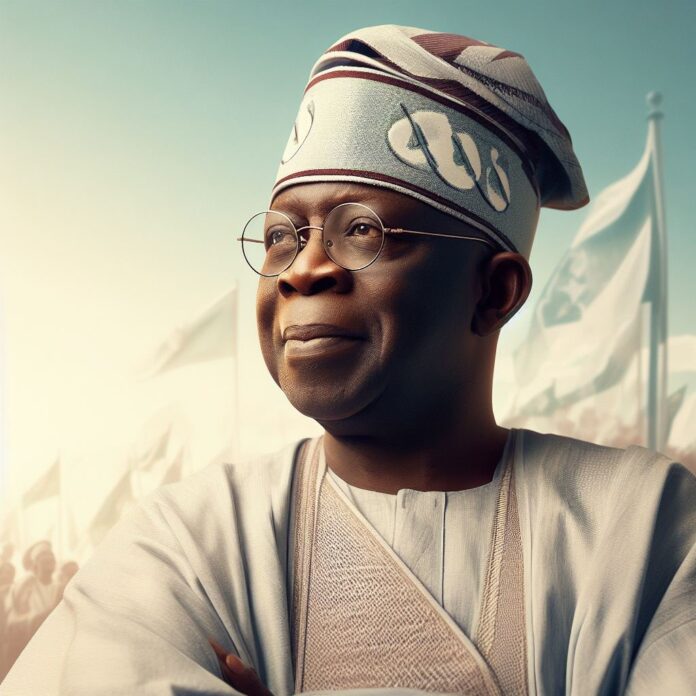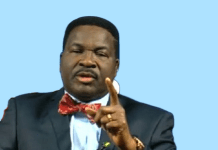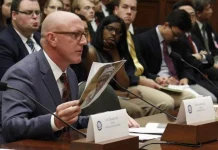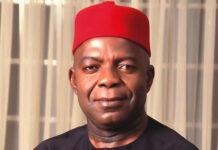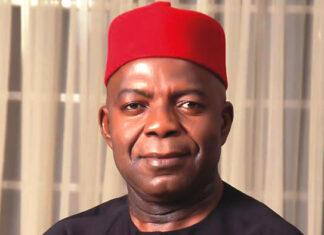When Bola Tinubu returned from exile to Nigeria in 1998, after playing a significant role in the struggle against the military government, little did anyone know that he would go on to achieve what many great political leaders, including Chief Obafemi Awolowo and the philanthropist MKO Abiola, could not accomplish in their lifetimes.
Tinubu’s return marked a turning point in Nigerian politics. At the time, the country was transitioning from decades of military rule to democracy. The challenges were immense, and the expectations were high. People yearned for a leader who could bring about positive change and foster development in the midst of a turbulent political landscape.
Bola Tinubu’s journey into Nigerian politics was nothing short of remarkable. He quickly rose through the ranks, thanks to his political acumen, leadership skills, and the ability to build coalitions. His political career took off in Lagos State, where he served as the Governor from 1999 to 2007. During his tenure, he transformed Lagos from a city known for its chaos and disorder into a thriving metropolis. His focus on infrastructure development, education, and healthcare led to significant improvements in the state.
And he’s set to do the same as Nigeria’s President. Despite the naysayers and critics within the APC and opposition parties, President Bola Tinubu’s victory in the primary elections was a testament to his unwavering determination and astute political prowess. His triumph was not a fluke; it was the result of years of dedication to the political arena.
What sets President Tinubu apart is his deep understanding of the dynamics of both opposition and ruling parties. Having navigated the challenging waters of opposition politics and successfully transitioning to a ruling party, he possesses a unique perspective that gives him an edge in the complex world of Nigerian politics. This experience has honed his ability to build alliances, make strategic decisions, and lead effectively.



